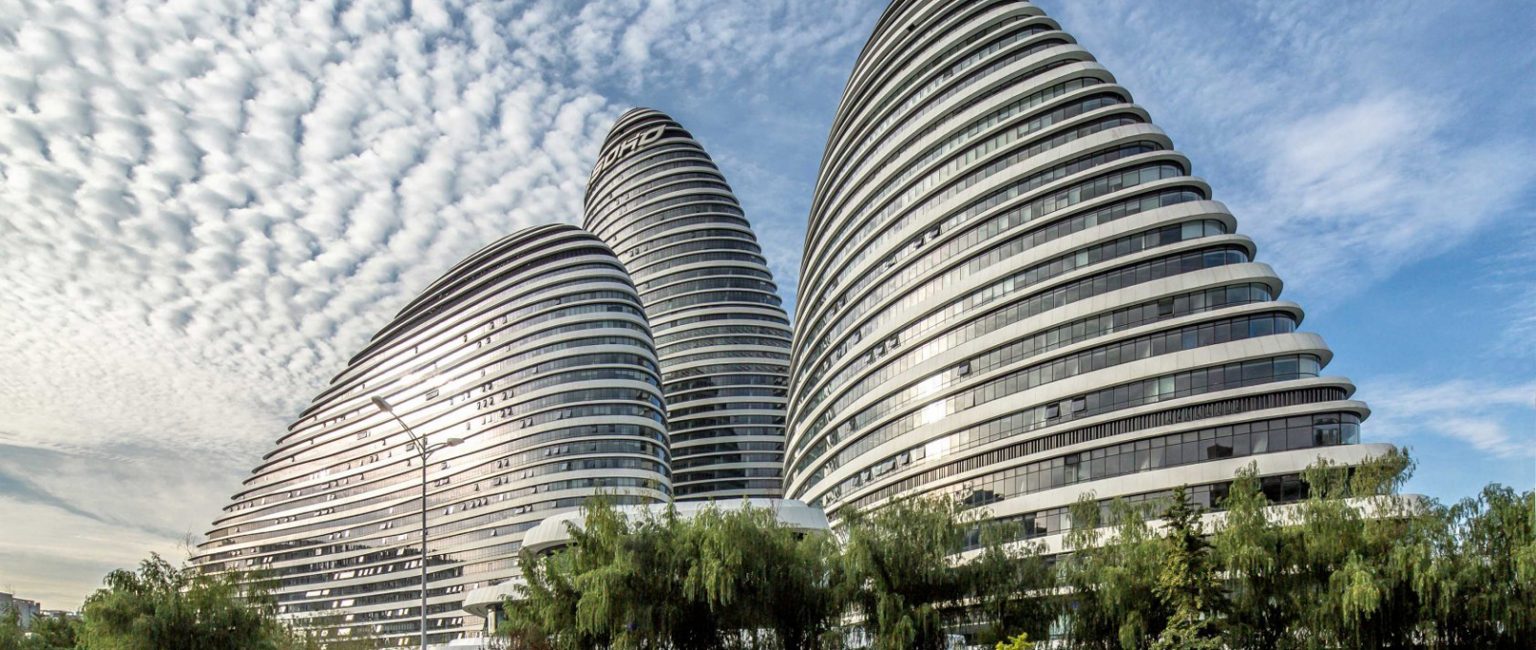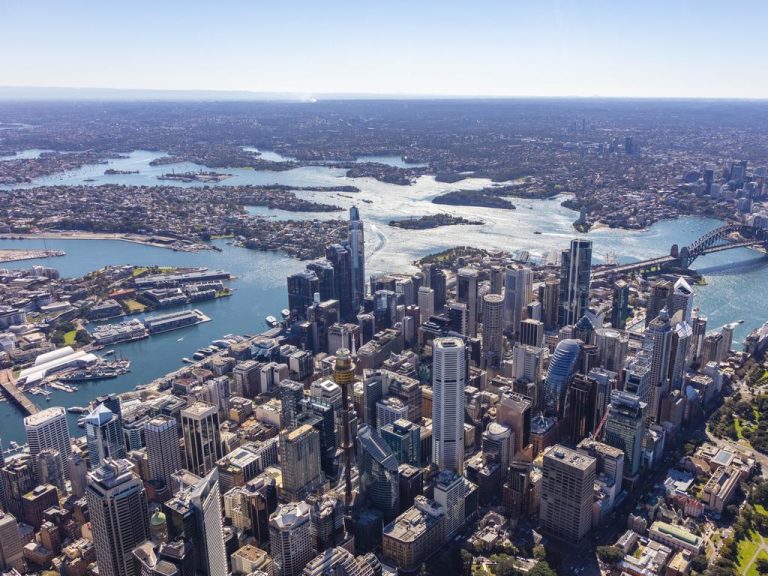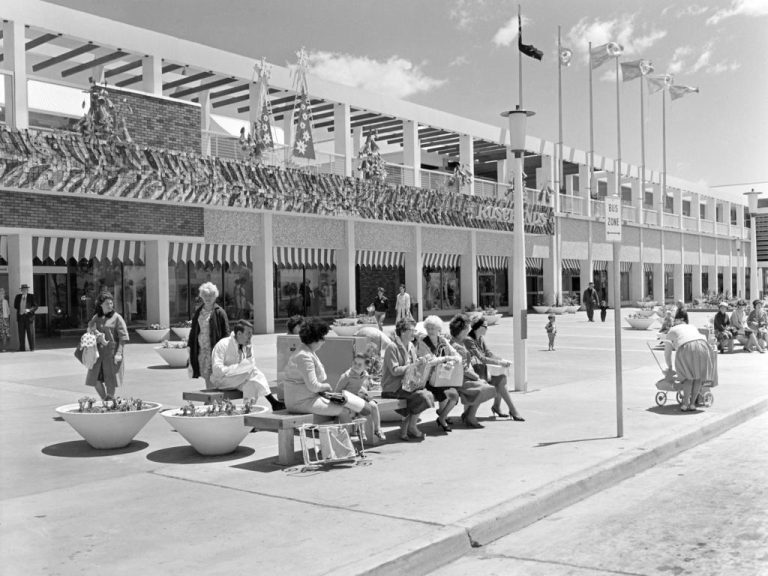Chinese publisher fined AU$41,685 for saying building had bad feng shui

A Chinese publisher has been fined AU$41,685 and forced into issuing a public apology after it claimed in a blog post that a mixed-use development in Beijing had bad feng shui.
Published on the Chinese social network WeChat in November, the blog post said that the Zaha Hadid Architects-designed Wangjing Soho complex in northeast Beijing looked like “pig’s kidneys”, and that its location between two main roads leading to Beijing Airport prevented it from attracting good energy.
“The roads around Wangjing SOHO form a great evil spirit, symbolizing conflicts,” the post read. “All the feng shui taboos can be found at the same time in Wangjing SOHO.”
Commercial Insights: Subscribe to receive the latest news and updates
As a consequence of the building’s bad feng shui, the blog post argued, a number of the building’s past tenants had met with financial difficulty, and a similar fate awaited the tenants that remained inside.
“The companies based in Wangjing SOHO basically all follow one trend: They grow fast in the initial phase, then lose momentum later and eventually decline quickly,” the post said.
However, a Beijing court ruled last Wednesday that the blog post, which had been viewed more than 100,000 times before being taken down, was based on “superstition” and had negatively affect the developer’s business.
“It leaves a one-sided and arbitrary impression on readers and smears the reputation of the SOHO company,” Judge Hua Ouyang said in a statement.
In addition to handing down a AU$41,685 fine, the court ordered the publisher, Zhuhai Shengun Internet Technology, to issue a public apology.
The building was designed by the late Iraqi-British architect Zaha Hadid, who founded Zaha Hadid Architects in 1980 and also designed the Guangzhou Opera House and the London Aquatics Centre.
According to the studio’s website, the Wangjing Soho complex was designed to resemble “three interweaving mountains”.







